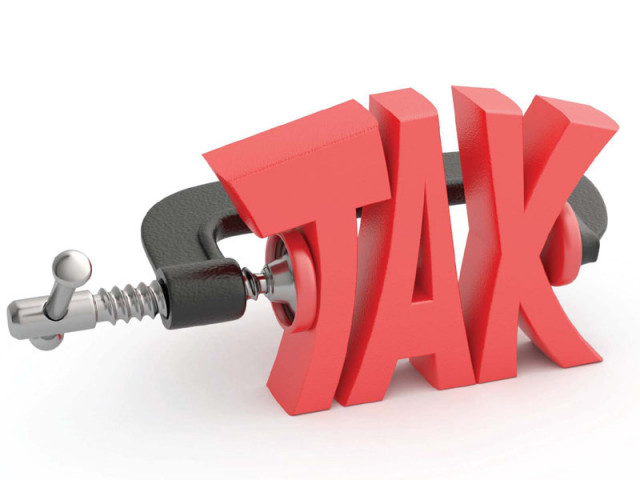ACCA advocates 5% cut in corporate tax
Accounting body favours immunity from disclosing source of capital investment.

Presenting budget proposals prepared by the Pakistan chapter of ACCA in a seminar held on Friday, ACCA Fair Taxation Committee member Komail Abbas Badami said the greater share of indirect taxes in total tax collection is contrary to the general practice in the developed world where direct taxes have a far greater share in a government’s total revenue.
Within the relatively small contribution of direct taxes to the total tax collection, the revenue generated from the presumptive tax regime is significantly high, according to Badami.
Speaking about the direct taxation, he said while the rate for ordinary companies should be lowered, the rate for banks can be kept at the existing level.
ACCA also demanded reduced income and sales tax rates in the first two years of the establishment of a business, reduced withholding tax rates at the import stage, simple documentation requirements and tax holidays for setting up labour-oriented manufacturing facilities.
Given the recent relaxation announced for the capital market through a presidential ordinance, ACCA is in favour of granting investors immunity from disclosing their source of capital investment in industrial establishments.
If the existing agricultural tax at the provincial level is effectively collected, Badami said, it can bring significant improvement in the tax-to-GDP ratio, which is currently less than 9%.
Capital gains arising out of immoveable property and personal belongings are currently not taxable. Like capital gains from the capital market, ACCA has proposed that based on the period of holding, these items should also be brought into the tax net.
He said ACCA is against the import of products that are manufactured locally. Restricting the import of such items will aid local manufacturers in producing more, he said.
About the sales tax regime, Badami said that with the issuance of so many SROs, notifications and general orders in the Sales Tax Act, the law is now more driven by SROs rather than the Act itself.
“There’re about 1,000 SROs that drive the Sales Tax Act.” The law should be simplified, redrafted and be brought in line with the best practices of the value-added tax (VAT) in the world.
Published in The Express Tribune, May 5th, 2012.



















COMMENTS
Comments are moderated and generally will be posted if they are on-topic and not abusive.
For more information, please see our Comments FAQ